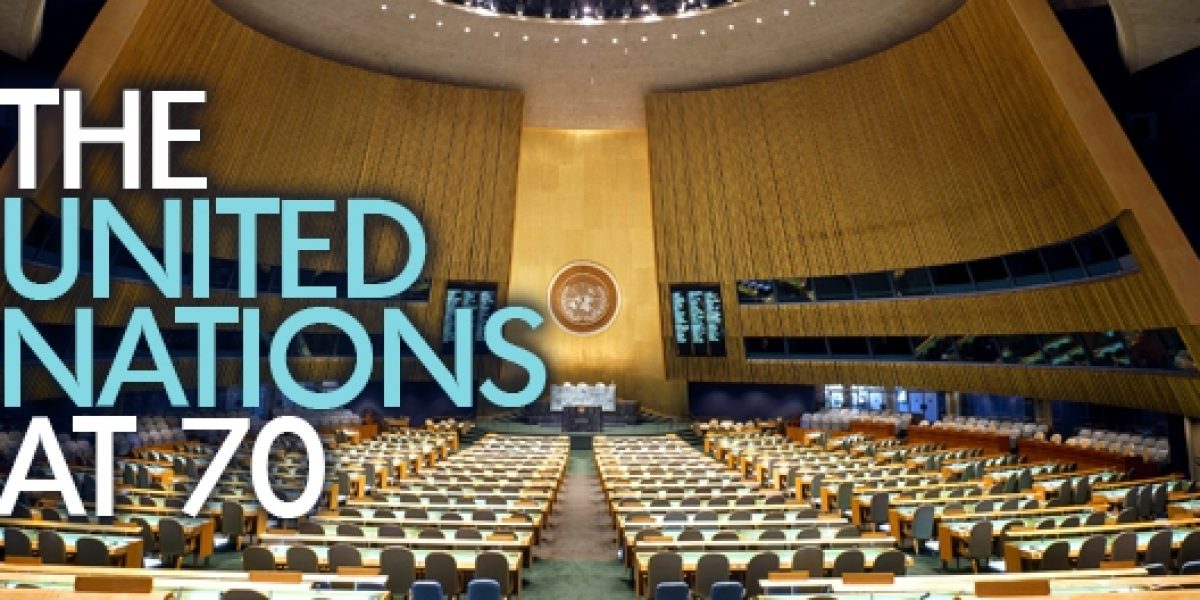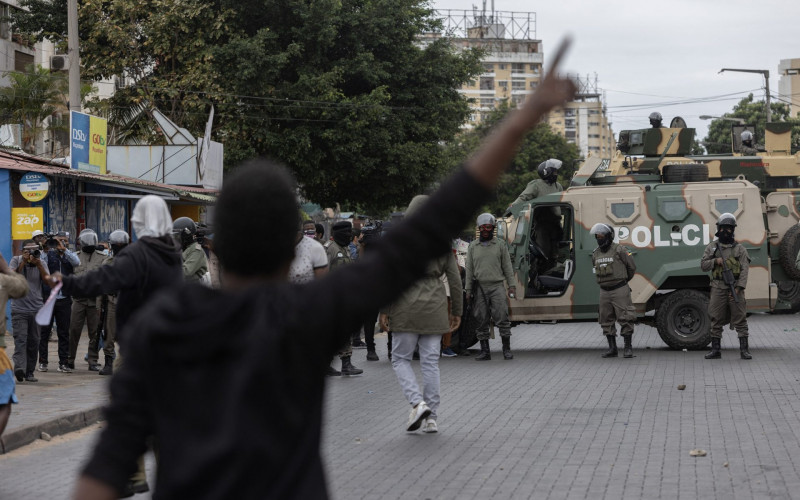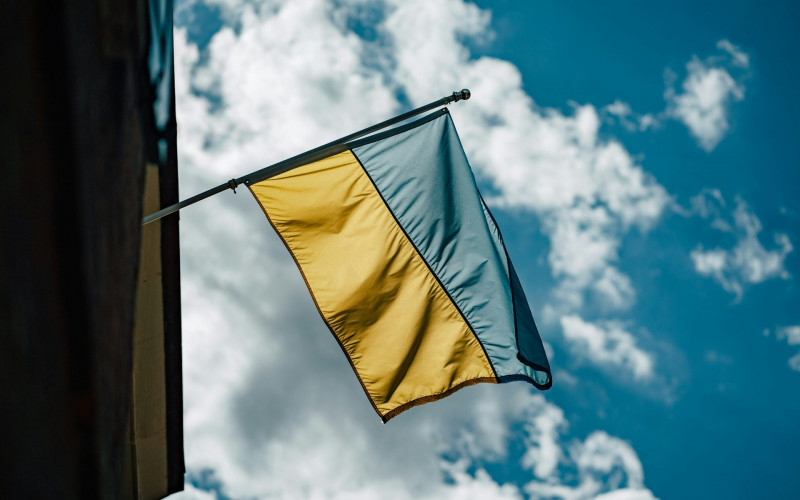At last year’s UNGA, the theme focused on the post-2015 development agenda and the new set of Sustainable Development Goals (SDGs), aimed at ending world poverty and bringing about sustainable peace.
However, as the world prepares to convene again at the general debate from 28 September to 6 October this year, to discuss the adoption of the Post-2015 Development Agenda, it will do so under the cloud of the European Refugee crisis that has been unfolding in the media.
Political turmoil in Syria, compounded by a global impasse on how to resolve the crisis, has led to almost nine million people fleeing Syria since the war broke out in March 2011. Although the plight of refugees entering Europe has dominated the news headlines, according to the UN High Commissioner for Refugees (UNHCR), these 150 000 people are a fraction of the three million who have sought refuge in camps in Jordan, Turkey, Lebanon and Iraq and pales in comparison to the 6 million internally displaced civilians within Syria. The scale of the catastrophe caused by this crisis is exacerbated also by the flow of refugees crossing the Mediterranean every day, escaping persecution in African countries such as Libya and Eritrea. The intensity of this humanitarian crisis has placed enormous pressure on European governments to respond by extending the number of places it offers refugees.
For South Africa, which is far removed from the immediacy brought about by the humanitarian crisis, the issue becomes more abstract; one couched in the rubric of principle, despite the significant numbers of refugees and migrants that have found refuge in South Africa since 1994. The recurrent outbreak of xenophobic violence over this period, most recently in April this year, underlines the difficulties facing also South African policymakers in dealing with large refugee and migrant populations on a sustainable basis.
However, in the framing of its foreign policy and on the Syrian issue specifically, South Africa maintains a call for a politically-driven, inclusive negotiated settlement between all parties in Syria. After her bilateral meeting on 4 August 2015 with the Syrian Vice-Minister of Foreign Affairs, Dr Fayssal al Mekdad, South Africa’s Deputy Minister of International Relations and Cooperation, Nomaindiya Mfeketo reiterated that a non-military solution was the only solution it would support.
This position is consistent with South Africa’s decision to abstain from the vote on Draft Resolution 612, calling for a UN-sponsored mission to Syria in July 2012. In explaining the abstention, South Africa’s then Ambassador to the UN, Baso Sangqu, expressed concern about:
‘the sponsors’ intention to impose punitive measures that would have pre-judged the resolution’s implementation. We believe that these were designed as a prelude to further actions. We are concerned that this draft resolution not be part of a hidden agenda aimed at once again instituting regime change, which has been an objective clearly stated by some.’
This stance is informed by South Africa’s view of the broader fall-out in Libya by the adoption of Resolution 1973 in 2011 which authorised a no-fly zone over Libya.
South Africa’s two terms on the UN Security Council (UNSC), from 2006–2007 and 2011–2012, has contributed to honing the government’s views on how the UNSC ought to pursue global peace and security. SAIIA’s researchers have over the years maintained a strong focus on this important aspect of the country’s foreign policy.







